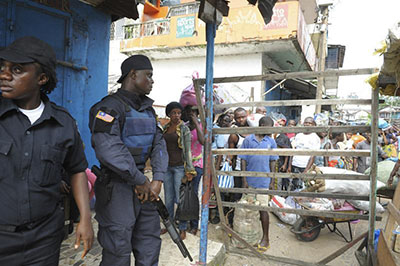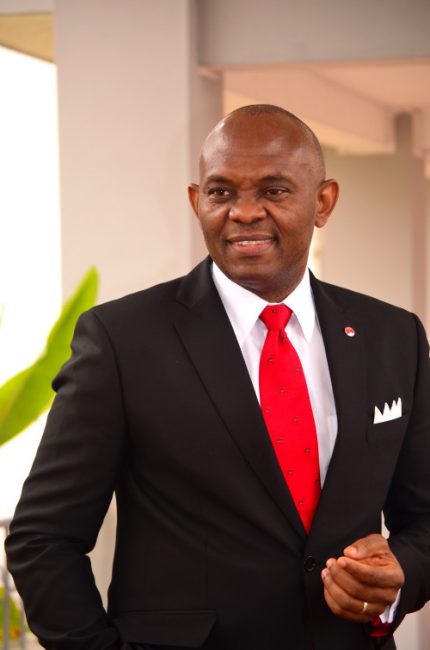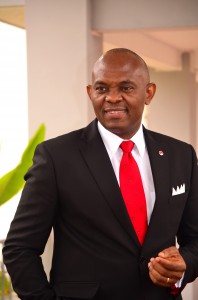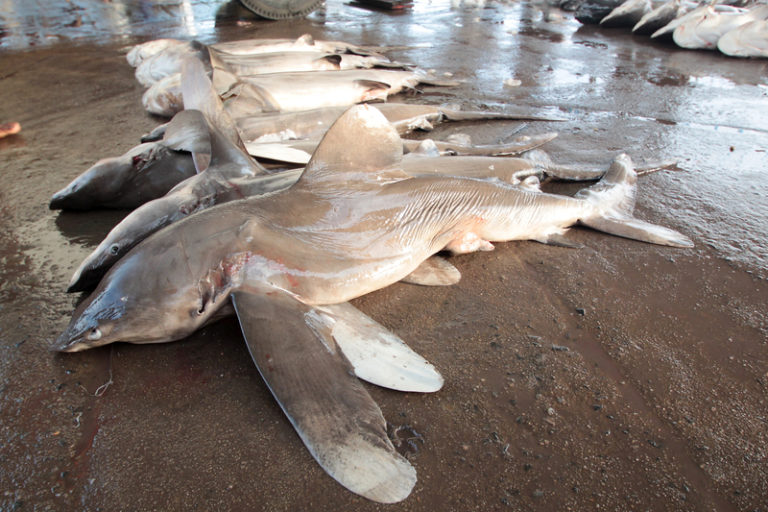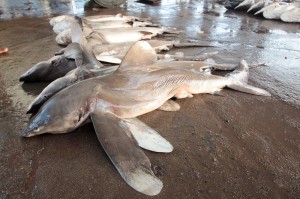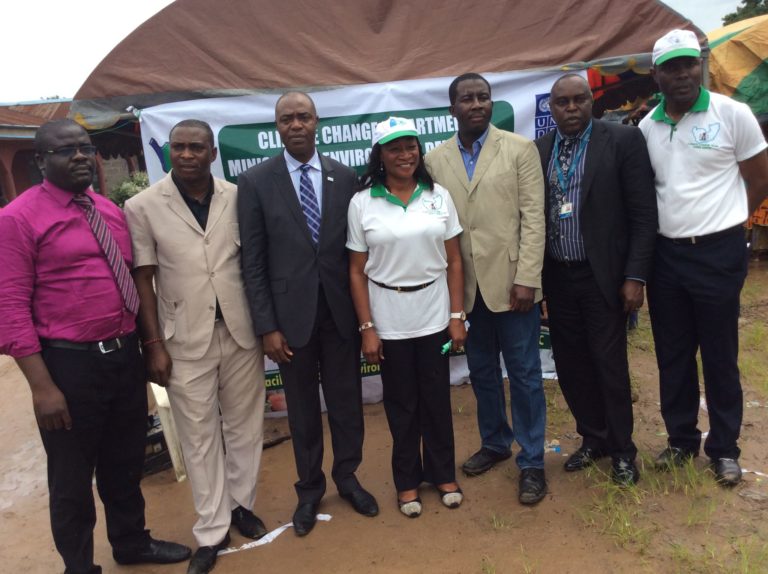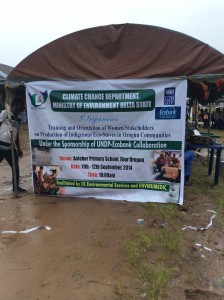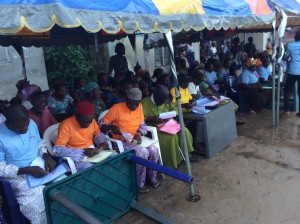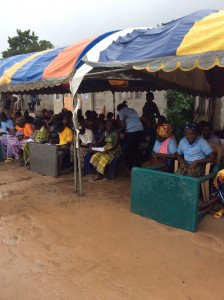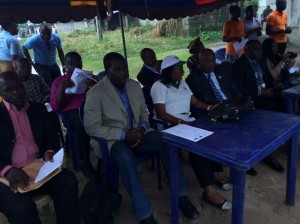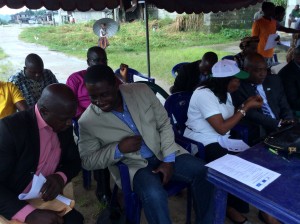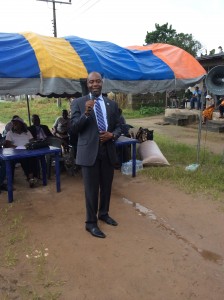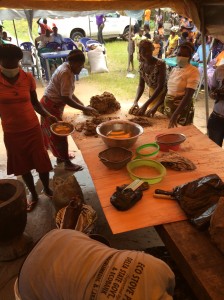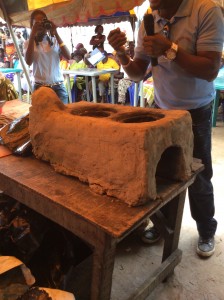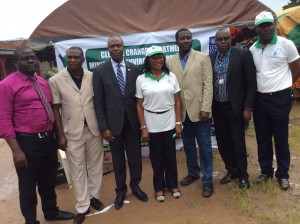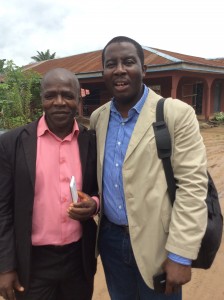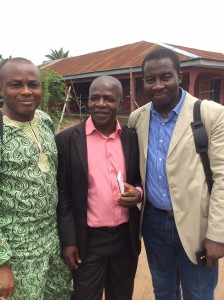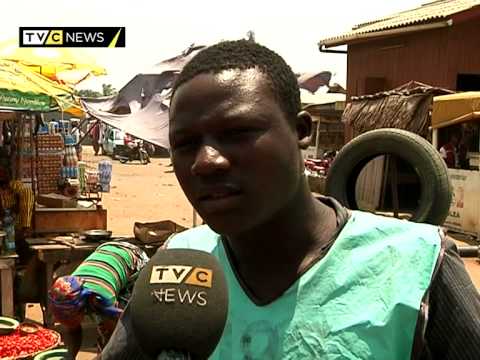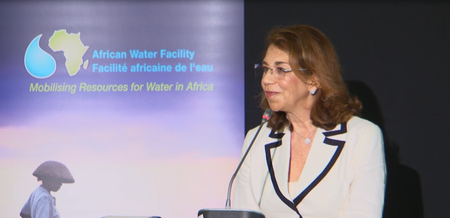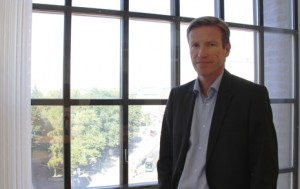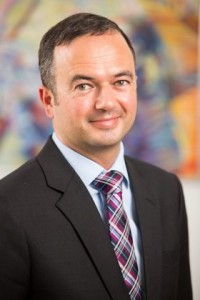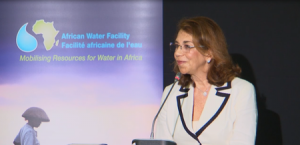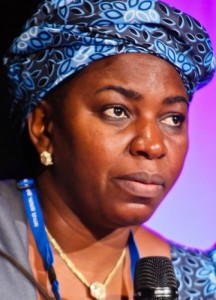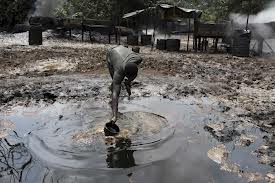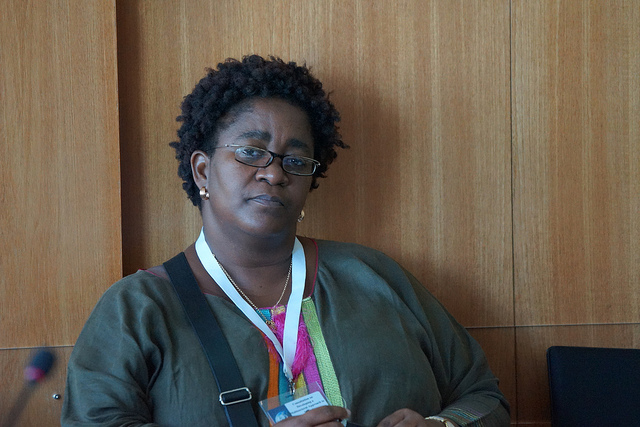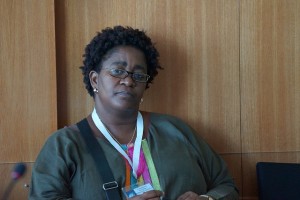With the Ebola epidemic predicted to get worse, the Liberian government has taken action to silence news outlets critical of its handling of the health crisis which, according to Liberia’s Information Ministry, has claimed more than 1,000 lives in the country since March. Publishers have been harassed and forced to cease printing, and journalists were initially not exempt from a curfew, making it difficult for them to work, according to the Press Union of Liberia (PUL).
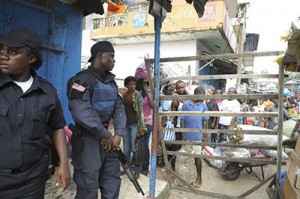
During this challenging time, the action by authorities is serving only to strengthen “the distrust” between the government and the media, PUL stated in a letter to Justice Minister Christiana Tah on September 4. In the letter, union president Abdullai Kamara cited several accounts of harassment and intimidation, including cases involving Women Voices, FrontPageAfrica, and the National Chronicle, which have all come under pressure in recent weeks.
Kamara cited police harassment in late August of Helen Nah, Liberia’s only female publisher, who runs the privately owned , over a story alleging police corruption in the distribution of funds meant for the Ebola crisis, according to news reports.
Kamara also condemned action by the police and Environmental Protection Agency over attempts to remove a generator from the independent paper, FrontPageAfrica, according to news reports. The police and agency did not have a court order, but were acting on complaints made by a former government minister, the report said. The critical paper and its staff have been harassed previously, according to CPJ research. In 2013, the newspaper was shut down, and its publisher Rodney Sieh imprisoned, for failing to pay $1.5 million in civil damages to Chris Toe, a former government minister. In 2012, International Press Freedom Awardee Mae Azango was forced into hiding over threats against the journalist and her daughter because of her reports on female genital mutilation.
PUL has highlighted the “disregard for the freedom of media” in Liberia, and noted how on August 20, despite consultation with the press, the government excluded the media from a list of professionals exempt from a nine-hour curfew imposed under the Ebola state of emergency. Although the government reversed course a week later, several accredited journalists with the privately-owned Daily Observer were stopped by police for about 30 minutes in the capital, Monrovia, as they left work on September 7, despite the journalists presenting press identity cards, Daily Observer publisher Kenneth Best told me. Police claimed they were not aware journalists were exempt from the curfew, Best said.
“We see these as deliberate actions to limit the role of the media in the national discourse, under the guise of a state of emergency,” Kamara said in the letter.
The government has also arbitrarily closed the National Chronicle. The independent newspaper was closed on August 14, a few hours after a press conference where Information Minister Lewis Brown gave a “last warning” to journalists about reporting critically during the state of emergency, according to news reports.
Dozens of police officers, without a court warrant and giving no official reason, used tear gas when they stormed the Chronicle’s offices in Monrovia, before sealing the premises, according to news reports and local journalists. The police beat three journalists – Emmanuel Mensah, Jah Johnson and Monica Samuel – and detained Mensah and technology employee Emmanuel Logan overnight, Chroniclepublisher Philipbert Browne told me. Computers and other items seized during the raid were later returned, Browne said.
On August 16, after a protest by PUL, the government released a statement to justify its actions, citing “urgent national security concerns” and a police investigation into articles the Chronicle published, which alluded to plans by a group of Liberians to form a new government. The Chronicle claimed that the group, which it said had international backing, mainly from the U.S. government, wants President Ellen Johnson Sirleaf to step aside over allegations of corruption and misrule. Browne told me the paper had lined up a 10-part series, but published only three parts before it was closed.
Government spokesman Isaac Jackson announced the Chronicle had been suspended pending the police investigation, which would be “conducted and concluded in the shortest possible time,” according to news reports. In a telephone conversation, Jackson told me the government decided to prevent the Chroniclefrom publishing further reports that would “incite” an already disenchanted populace frustrated with the Ebola scourge.
Jackson said Browne’s full cooperation was needed to provide details about the alleged plans to form a new government. Browne, a former consul-general to South Korea and one-time deputy minister of defense under convicted ex-president Charles Taylor, may have access to important details, Jackson said.
“By virtue of his positions, he is likely privy to privileged information which is crucial to ongoing investigations,” Jackson told me. “The newspaper will remain suspended until the investigations are concluded.”
Browne has presented himself for questioning daily at police headquarters, yet the Chronicle remains closed nearly a month later. No charges have been filed, and no details have been released from the investigation, Browne said.
“The first days I reported, the police kept repeating the same questions, asking me for the numbers of the people in the reports. I told them I would not give them,” Browne told me. “Later, when I report, the police would just leave me unattended from morning till evening.”
On September 8 Browne informed police he planned to spend a week in the U.S. where he is due to attend a meeting about the Olympics on September 15. But police told Browne, who is head of Liberia’s National Olympic Committee, that he cannot leave the country until after the investigation, according to news reports.
Police in Liberia have a poor record for resolving investigations into the press, and cases of attacks on journalists have gone uninvestigated, even when their aggressors – at times police officers — have been identified, according to CPJ research.
The Chronicle’s reports on a proposed interim government, which the government stated was its reason for closing the paper, have since been reported widely in Liberia and internationally.
It is not the first time the Chronicle has been targeted and threatened by the authorities. The paper has been sued over its reports accusing lawmakers and government officials, including Sirleaf and her family, of corruption, abuse of office and criminal acts, according to media reports. The government denied the paper’s accusations, news reports said.
The Publishers Association of Liberia has called on the government to respect the rule of law and lift the ban on the Chronicle, which it noted is a legally registered and accredited corporate body, or to pursue legal action against the paper if necessary, according to news reports.
The harassment of the Chronicle and other publications is tarnishing the country’s image. Compared to many of its neighbours, Liberia is supposed to have an enviable press freedom record. It has a Freedom of Information law and officials are always quick to state that Sirleaf signed the Declaration of Table Mountain, which aspires to abolish “insult” laws and criminal defamation in Africa. Sirleaf is also a recipient of the Friend of the Media in Africa award, presented by The African Editors Forum.
As Liberia struggles to contain the health crisis, the government should show tolerance, and partner with the media to encourage the flow of information and debate.
By Peter Nkanga (West Africa Representative, Committee to Protect Journalists)

